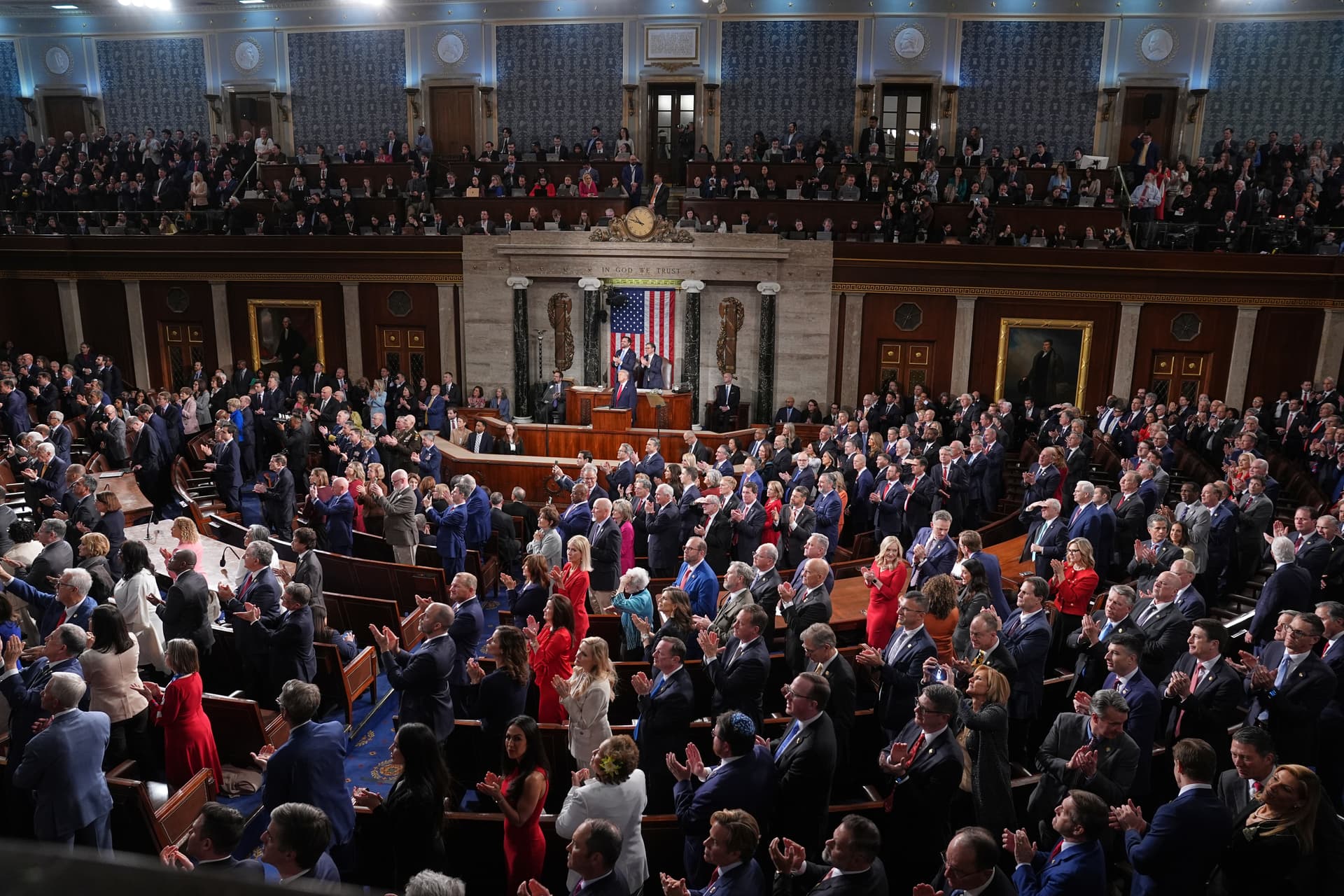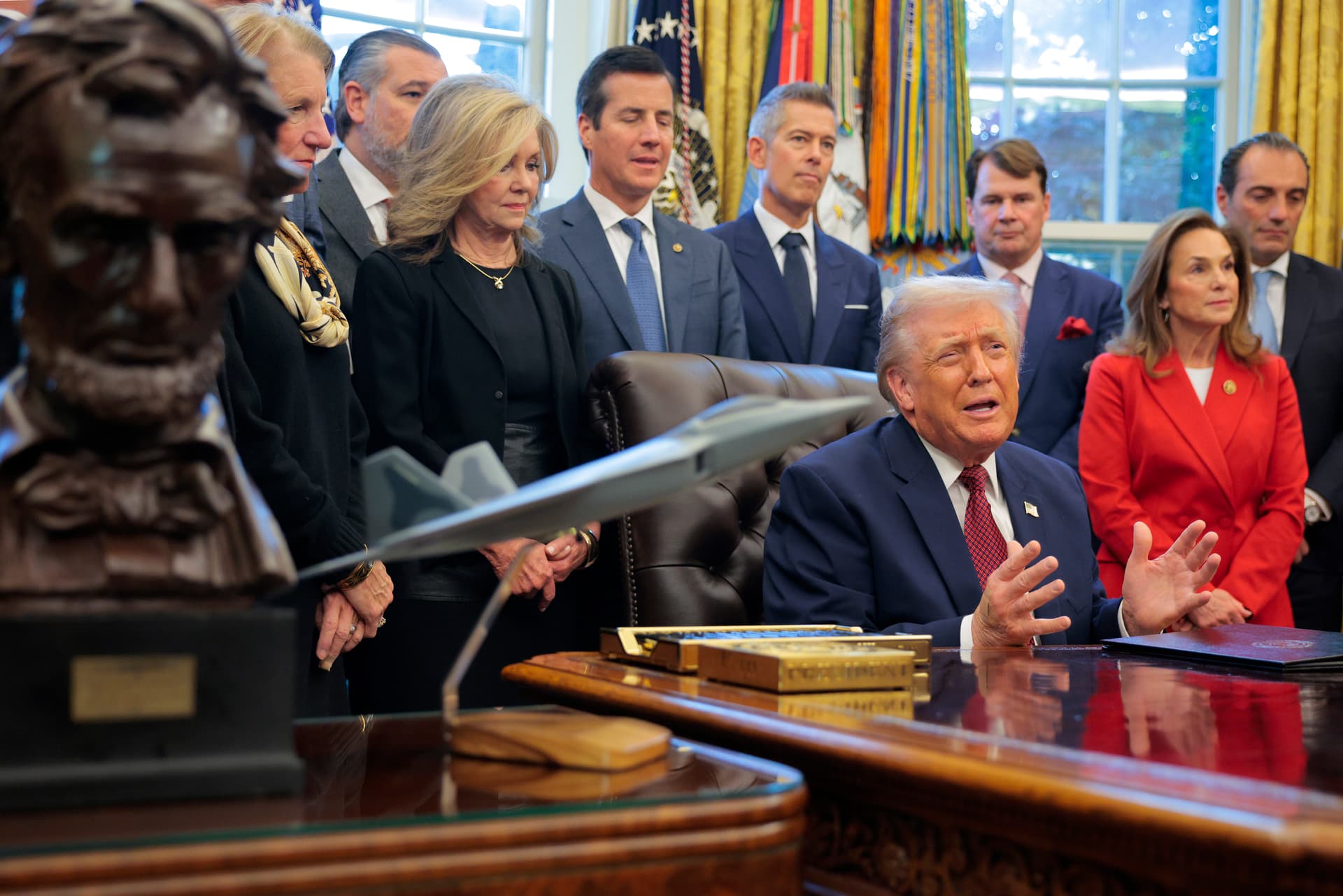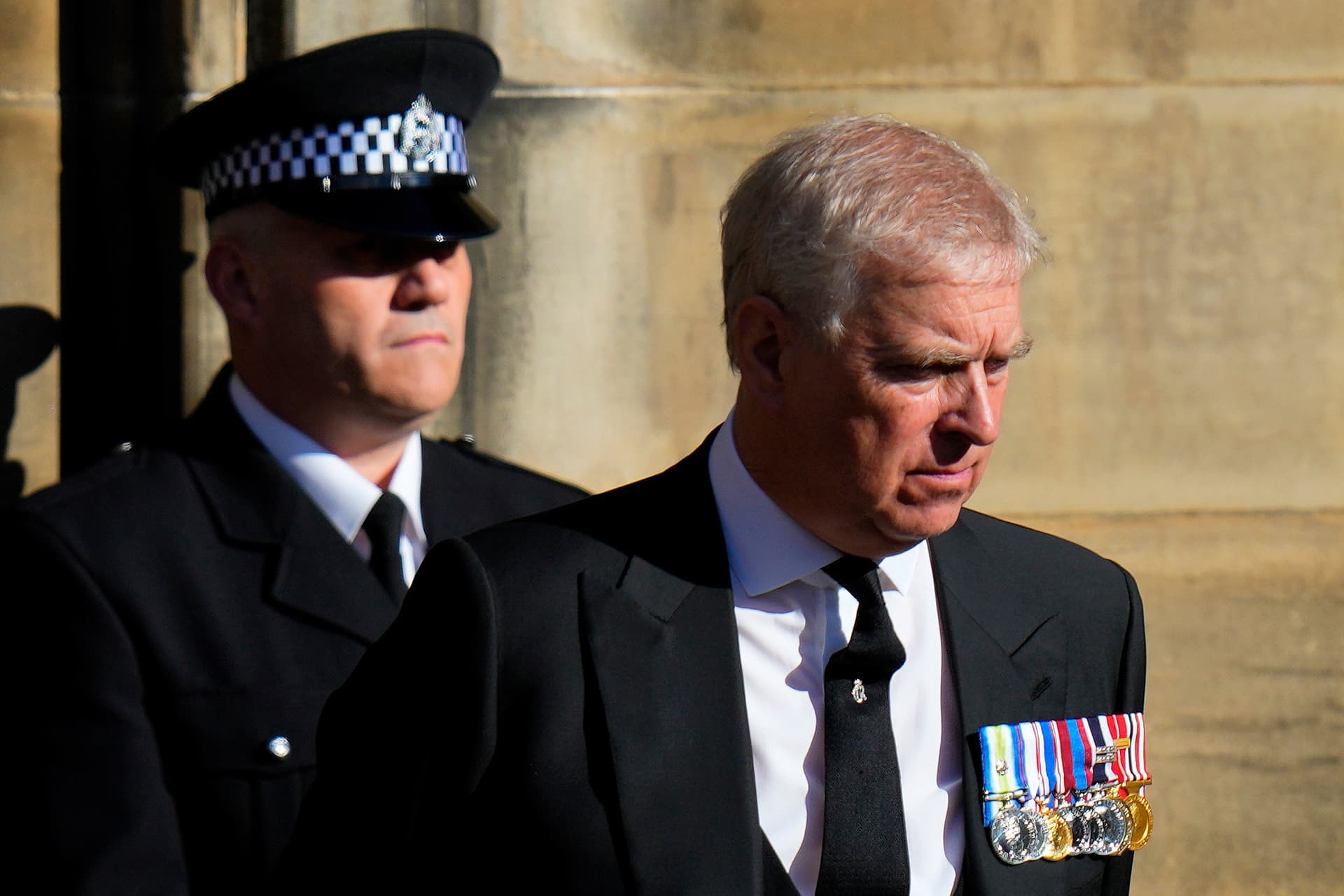
Trump’s SOTU Unleashes America’s Golden Age of Growth
By LAWRENCE KUDLOW
|Kennedy’s confirmation vote will be on Thursday, after Democrats hold a 30-hour marathon of speeches to delay the process.

Already have a subscription? Sign in to continue reading

By LAWRENCE KUDLOW
|
By STEPHEN MOORE
|
$0.01/day for 60 days
Cancel anytime
By continuing you agree to our Privacy Policy and Terms of Service.
By A.R. HOFFMAN